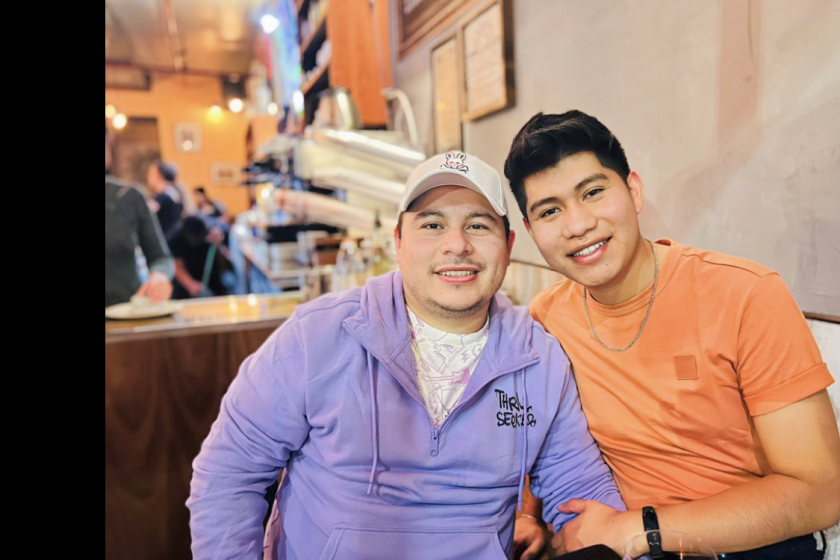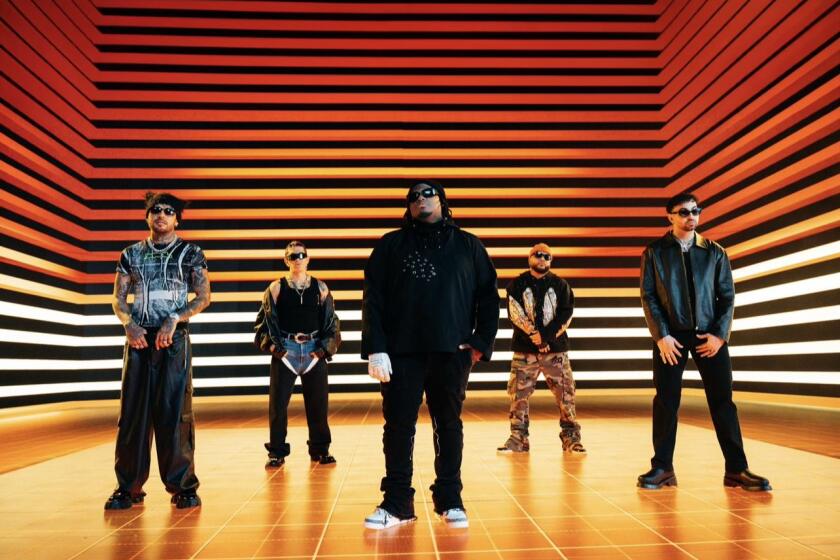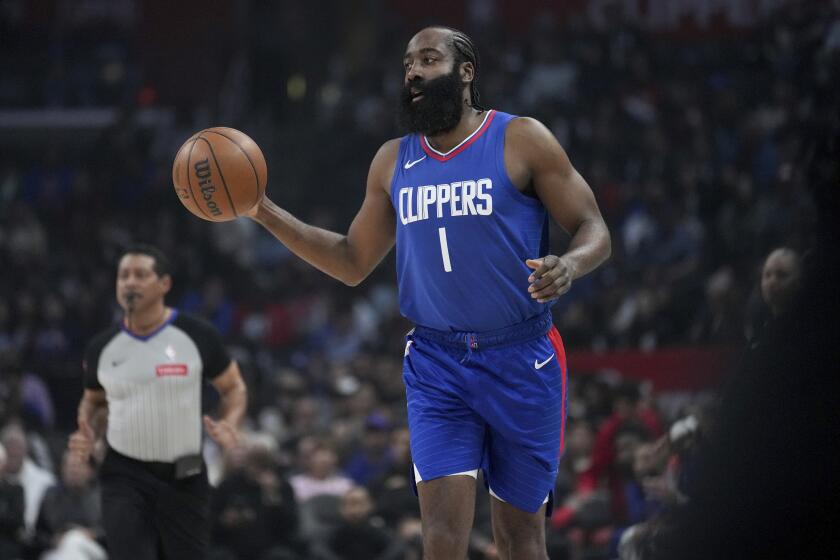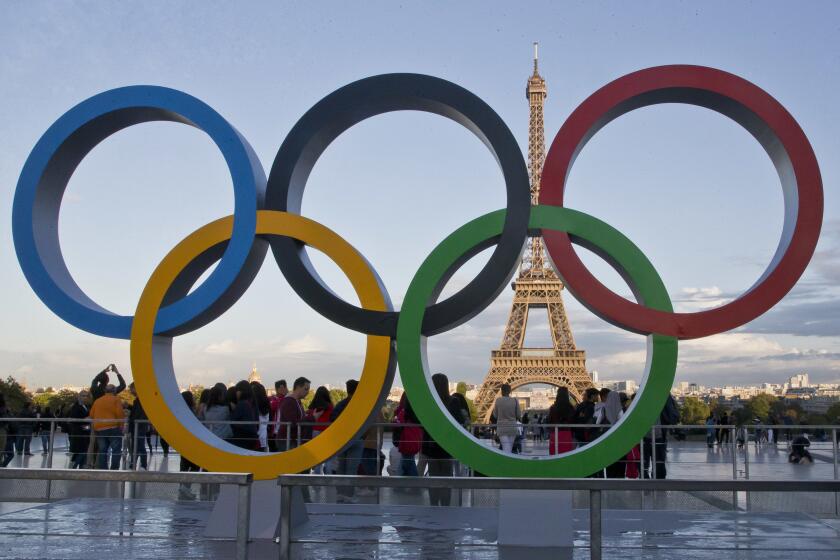US toughens stance on Venezuela, Maduro losing support at home
US National Security Adviser John Bolton warned in a tweet on Sunday that the White House would provide a “significant response” if any violence is perpetrated against US diplomats amid the chaos in Venezuela or opposition-controlled National Assembly president - and now self-proclaimed interim president of the South American country - Juan Guaido.
The Donald Trump administration and more than a dozen other countries have recognized Guaido as Venezuela’s leader in place of elected President Nicolas Maduro .
“Any violence and intimidation against U.S. diplomatic personnel, Venezuela’s democratic leader, Juan Guiado, or the National Assembly itself would represent a grave assault on the rule of law and will be met with a significant response,” Bolton wrote on Twitter, going on to note Cuba’s “well known” support for the Maduro regime
“The United States is helping to recover a bright future for Venezuela. We’re here to urge all nations to support the democratic aspirations of the Venezuelan people as they try to free themselves from former president Maduro’s illegitimate mafia state,” said Bolton in another tweet.
A State Department spokesman, requesting anonymity, said that the US had no plans to close its embassy in Caracas, although it has ordered non-essential personnel to leave the country.
Maduro had announced last Wednesday that he was breaking relations with the US and gave its diplomatic personnel 72 hours to leave the country, but the spokesman said that Guaido had invited US personnel to remain in Venezuela.
The State Department announced Sunday that it had accepted Carlos Vecchio as Venezuela’s new charge d’affaires in Washington after he was designated by Guaido. The new envoy reportedly has already met with several top US officials this weekend.
Trump, since he came into office, has maintained a hard line against Maduro and in 2017 said that that military options were on the table, if needed, to deal with the situation. The US president was the first international leader to recognize Guaido as the country’s legitimate president.
US Vice President Mike Pence had telephoned Guaido the night before the opposition figure proclaimed himself president to promise him Washington’s immediate support and recognition, and the White House contacted other countries both in and outside the region to try and convince them to follow its lead.
Meanwhile, on Jan. 23, just hours after lawmaker Juan Guaido declared himself Venezuela’s interim president, the entrance to Petare, a poor neighborhood in Caracas and the largest shantytown in Latin America, was engulfed by flames, a sign that residents are no longer backing the government.
The district was one of the areas where the socialist movement launched by late President Hugo Chavez , popularly known as “Chavismo,” took root quickly.
Venezuela’s economic and political crisis, however, is starting to resonate among Petare’s nearly 800,000 residents, rocking the leftist movement started by Chavez and continued by his successor, Maduro, who is struggling to remain in power amid massive street protests and the rupture of relations with numerous countries.
A total of 26 people, according to the non-governmental Venezuelan Social Conflict Observatory, died in this South American country in the protests that occurred that night.
Residents, for their part, say they had to endure the situation after the protests, when riot police combed the streets, firing tear gas canisters into people’s houses.
Elsewhere, in wrapping up his visit to Panama, after celebrating a huge and public Mass there on Sunday morning, Pope Francis called for a “fair and peaceful” solution to the crisis in Venezuela that respects human rights and provides for the well-being of all that country’s citizens.
He issued that call after the Angelus prayer, speaking extemporaneously but once again refusing to say whether The Vatican will recognize Guaido.
Saying that he had felt especially close to Venezuela and its people during recent days on his visit to Panama, Francis “asked the Lord to seek and find a just and peaceful solution to overcome the crisis that respects human rights and exclusively seeks the good of all people.”
He asked people to pray for the “protection of Our Lady of Coromoto, the patron saint of Venezuela.”
To date, the Vatican has said only - in a brief statement - that it would continue to closely follow the evolving situation in Venezuela and to pray for the victims and all Venezuelans.



